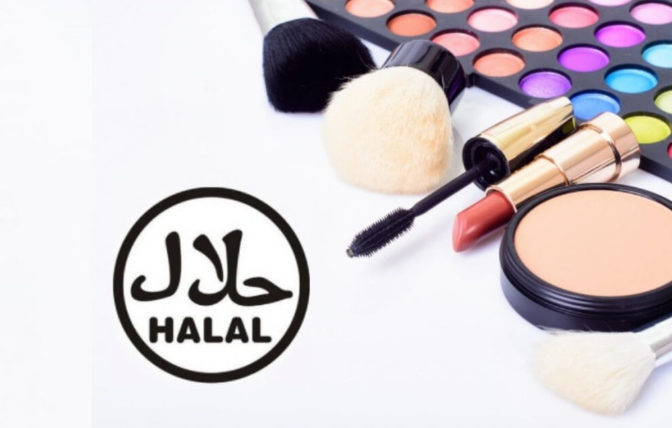
 "
"

 "
"

Muti Arintawati, President Director of the Indonesian Ulema Council’s (MUI) Food, Drugs, and Cosmetics Assessment Institute (LPPOM), stressed the importance of halal certification for cosmetic products in Indonesia.
In a webinar on Friday, Arintawati stated, “Cosmetic products must have the halal certification.”
She emphasized that halal certification is governed by the Halal Product Guarantee Law No. 33 of 2014. (UU JPH). This is especially important for cosmetic products, which have been required to have halal certification since October 17 of this year.
As a result, cosmetic companies have until 2026 to comply with the regulations.
“Currently, we are still in the transition phase. Cosmetic companies still have the next five years until 2026 to make preparations to implement the regulation by ensuring that their products are halal certified,” she explained.
794 cosmetic companies have halal certification, according to LPPOM MUI data, with 1,913 halal certificates and 75,385 halal-certified cosmetic products in total since 2017.
“We encourage cosmetic companies to immediately get their products certified to ensure product safety and to add value for producers,” she emphasized.
Meanwhile, Dwiana Andayani, Director of Traditional Medicines, Health Supplements, and Cosmetics Registration at the National Agency of Drug and Food Control (BPOM), emphasized the importance of cosmetic labels containing all information necessary to ensure product safety, including halal labels.
Article 2 of BPOM Regulation Number 30 of 2020 on Technical Requirements for Cosmetic Marking stipulates that cosmetic label marking must meet a number of criteria.
To begin, the labels must include all required information, such as the product name, benefits, method of use, ingredients, manufacturer, and expiration date.
Second, it’s important to maintain objectivity by providing accurate information and not deviating from the cosmetics’ safety and beneficial properties.
Third, labels must not be deceptive by providing honest, accurate, and transparent information, and they must not exploit public concern about a health problem.
“Last, not stating as if the product is a medicine or aims to prevent a disease,” she stated.